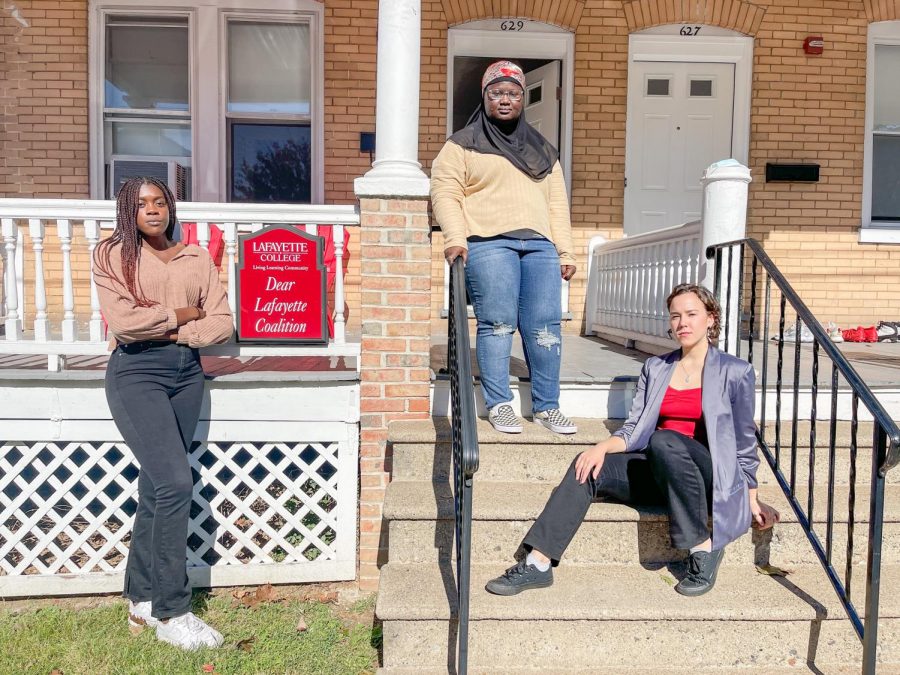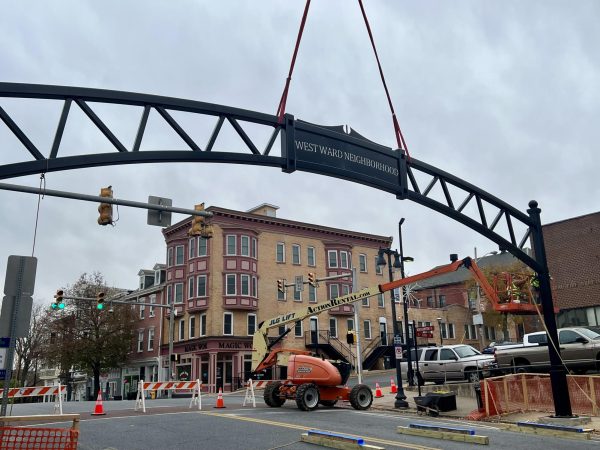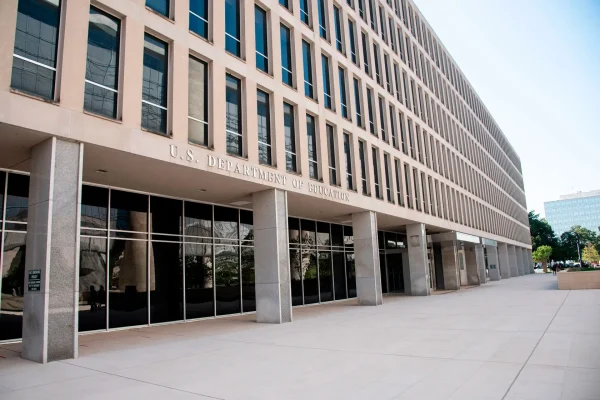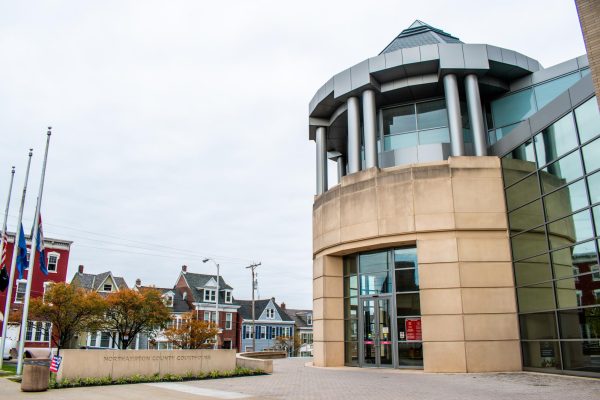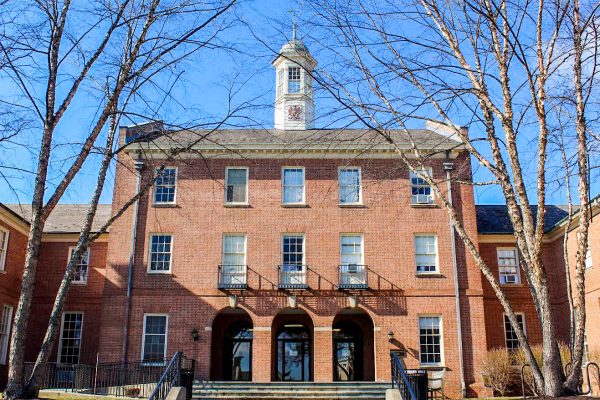‘We’re talking about a bigger issue’: Dear Lafayette discusses past success and future plans
Members of the Dear Lafayette executive board (pictured above) hope to welcome new members to their organization with recruiting events this fall. (Photo by Naomi Ganpo-Nkwenkwa ’22)
October 22, 2021
A year into their work of confronting systemic racism on campus, the Dear Lafayette Black-led student coalition continues to work towards their goals. Fatimata Cham ‘23, a member of Dear Lafayette, noted how the group’s main work is currently related to pursuing their COVID-19 initiative.
“We are working to create educational resources and provide transportation for BIPOC [Black, Indigenous, People of Color] residents of Easton who may have hesitancy with the vaccine and who may lack resources,” Cham said.
Founded in July 2020 amidst the nationwide protests for racial justice, Dear Lafayette released a list of demands for the college. Chief among them are five central demands: transformative justice and community accountability, ending surveillance and criminalization within institutional education, abolishing the housing tier system; investing in community care rather than institutional power and demilitarizing and defunding campus police, according to their website.
“We’re also working to take next steps on the demands we released last year,” Cham added.
Naomi Ganpo-Nkwenkwa ‘22, another leader of Dear Lafayette, expressed gratitude for the College’s openness to listen to the organization’s concerns.
“I think that the college has been good at setting up meetings and creating spaces for dialogue,” Ganpo-Nkwenkwa said.
However, action on certain demands has been progressing slower than the organization had hoped, she added.
The recent relocation of the Portlock Black Cultural Center is one of the latest issues that Dear Lafayette has raised concern about.
“The displacement of Portlock is hurtful for the black community. We didn’t see it as respectful, we didn’t understand the need to move that space,” Ganpo-Nkwenkwa said.
Reflecting on the rise of the group, Cham noted the importance of social media, particularly Instagram, in organizing during the fall 2020 semester, when all students were at home because of the pandemic.
“The traction we got would not have been possible without it. I would say social media played a big role in that,” Cham said.
She added that Dear Lafayette posted educational resources and hosted town halls through social media. This semester, the organization plans to welcome more members.
Ganpo-Nkwenkwa said that prospective members undergo a recruitment process, which will be taking place during the current semester.
“We think that there’s an interest from people around campus that we’ve been hearing,” she said. “We usually do it in the spring, but this year we will be doing it in the fall so we can recruit for the spring.”
Dear Lafayette has had success implementing some of its proposals so far. According to Cham, they have succeeded in requiring multi-competency training for student leaders on campus.
Cham said that the organization continues to discuss other issues with the college as well, including a minimum wage boost and a community service requirement for the Common Course of Study.
“A lot of people, when they think about Dear Lafayette, they think it’s an attack on the institution. We’re not just talking about Lafayette, we’re talking about a bigger issue. Lafayette is just a microcosm of that issue,” Cham said.



































































































